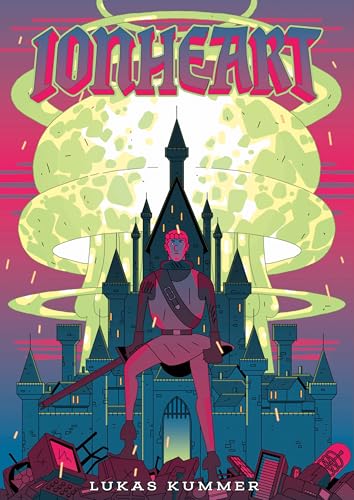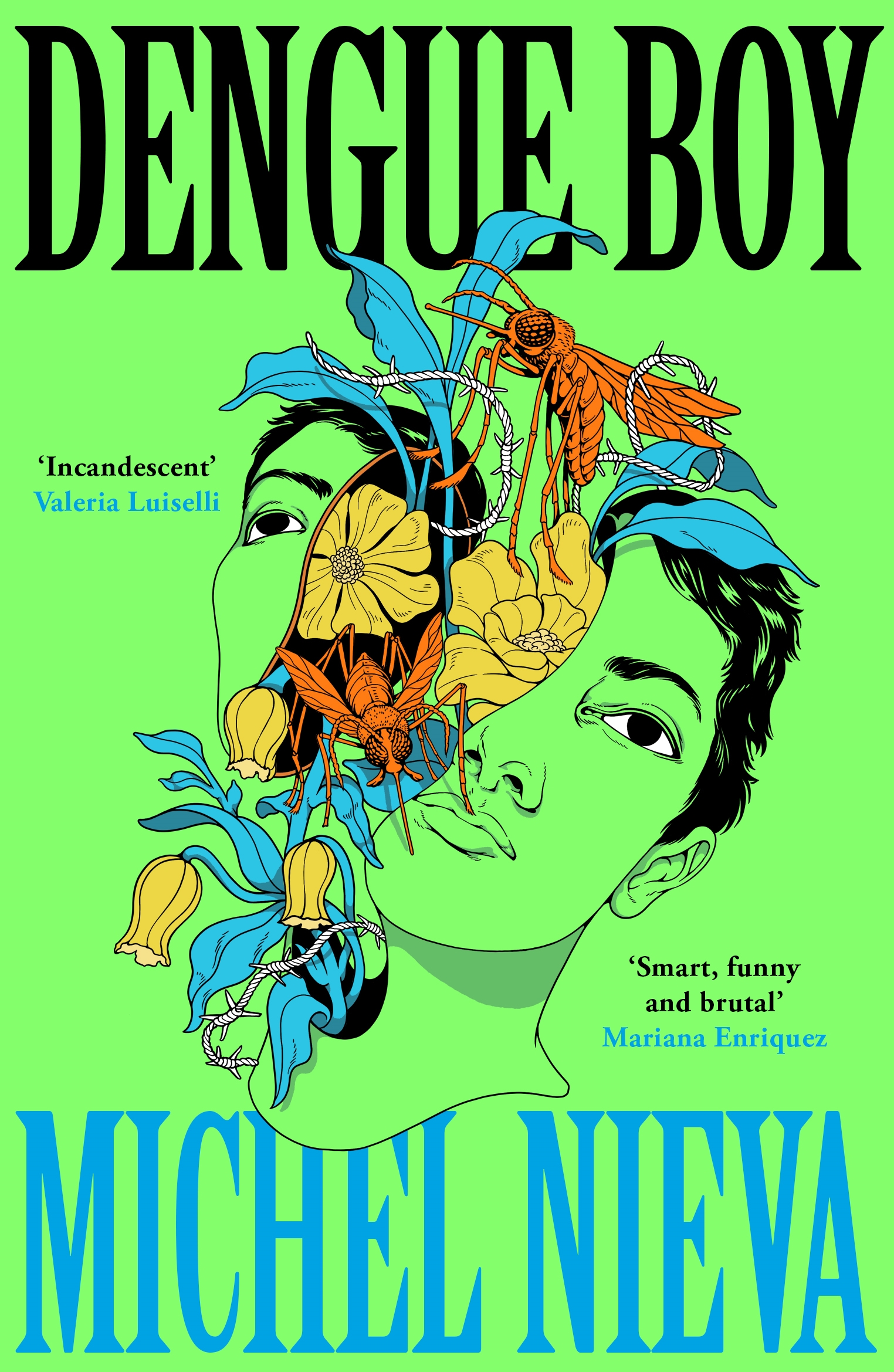
Beasts of Carnaval
by ROSÁLIA RODRIGO
A recently freed mestiza woman, Sofía, journeys to the mysterious Isla Bestia during the decadent and perilous Carnaval to search for her missing twin brother, only to uncover a web of colonial exploitation, indigenous resistance, and supernatural forces that threaten to consume her. Blending lush Caribbean folklore with themes of cultural reclamation and the lingering trauma of colonization, the story explores identity, memory, and the cost of survival beneath the island’s seductive façade.
Reader Review Summary
Set on the fictional Isla Bestia, the novel follows Sofía, a freed mestiza woman from a colonized Caribbean island, as she searches for her missing twin brother Sol, who vanished five years prior during a visit to the island’s infamous Carnaval de Bestias. The island is depicted as a hedonistic paradise where colonial elites indulge in endless revelry, sumptuous feasts, and ever-changing performances, all orchestrated by mysterious and beautiful monsters. Beneath the surface, the Carnaval is revealed to be a supernatural trap, with the island itself exerting a sentient, intoxicating influence over its guests. As Sofía navigates the island’s labyrinthine festivities and uncovers the truth behind the disappearances, she is drawn into a deeper mystery involving the Taíno-inspired Taike’ri people, indigenous resistance, and the reclamation of suppressed culture and language. The narrative blends elements of fantasy, horror, historical fiction, and mystery, with a strong focus on themes of colonialism, cultural erasure, and the complexities of identity and survival.
Readers praised the novel’s lush, immersive prose and vivid world-building, frequently highlighting the atmospheric descriptions of Isla Bestia and the Carnaval. The incorporation of Taíno and Caribbean folklore, mythology, and language was noted as a standout feature, with several reviewers appreciating the depth of research and the author’s attention to cultural detail. The exploration of colonialism, cultural loss, and reclamation resonated with many, as did the nuanced portrayal of complex relationships, particularly between Sofía and her former owner-turned-friend Adelina. The audiobook narration received positive feedback for its authentic accents and emotional delivery, and the absence of a romantic subplot was seen as refreshing by some. The book’s focus on family bonds, found family, and the protagonist’s internal struggles were also frequently cited as strengths.
Criticisms centered on the book’s pacing and structure, with several readers finding the narrative slow, especially in the middle sections, or feeling that the story dragged and could have been shorter. Some found the prose overly flowery or dense, making the book difficult to read or causing them to disengage from the plot. The shift in tone and setting in the latter half of the novel was described as abrupt or disjointed, with some readers feeling that the magic and atmosphere of the Carnaval were lost as the story progressed. Others noted a lack of plot progression, anti-climactic resolutions, and underdeveloped subplots, particularly regarding the goddess retribution arc and the relationships between key characters. A few reviewers struggled to connect emotionally with the characters or found the story’s hallucinatory, fever-dream quality confusing or unstructured.
The book is positioned as adult historical fantasy but contains no romantic subplot and is considered suitable for a wide range of readers, including those interested in Caribbean history and culture. The narrative draws clear parallels to real-world Spanish colonialism, with the fictional Hisperian Empire and Taike’ri people serving as analogues for historical events and cultures. The author provides resources and an author’s note for readers interested in learning more about Taíno history. The novel is a standalone work, and while some readers expressed interest in further stories set in this world, others felt the book was self-contained. The average reader rating is 4.09 out of 5, based on 158 ratings and 132 full reviews, indicating a generally positive but mixed reception, with strong polarization around the writing style and narrative structure.
Copyright ©2024 Hidden Sci-Fi






